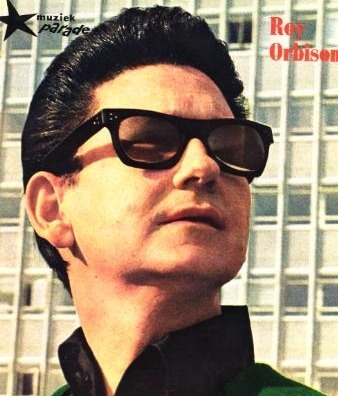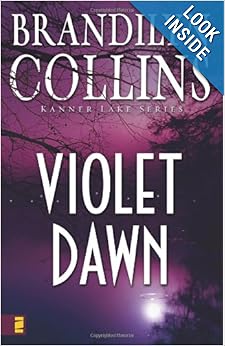1. Your new book is "Harvey Houses of Texas." For the uninitiated, what were Harvey Houses?
Harvey Houses were restaurants built along the Santa Fe Railroad. Founded by Fred Harvey and established with a hand-shake agreement with the railroad, the lunch counters and dining rooms served railroad passengers, railroad employees as well as residents of the community from the late 19th century until the 1940s.
2. What got you interested in Harvey Houses?
.JPG) As I learned my family history, I noticed a great deal of family pride in the fact that my grandmother was a Harvey Girl in New Mexico. I didn't know what a Harvey Girl was and as I began to learn more I realized this was a little-told story about a significant part of women's history in our country.
As I learned my family history, I noticed a great deal of family pride in the fact that my grandmother was a Harvey Girl in New Mexico. I didn't know what a Harvey Girl was and as I began to learn more I realized this was a little-told story about a significant part of women's history in our country.
3. In 1946, Judy Garland starred in a movie called "The Harvey Girls." Besides providing us with the classic song "On the Atchison, Topeka, and the Santa Fe," what were the movie's other contributions to Harvey House history?
Actually, the story in this movie is the only Harvey House history that many people know.
4. You interviewed a number of former Harvey Girls for the book. What was that experience like? Did they see their time at Harvey Houses as particularly noteworthy or was it just another food service job?
Meeting former Harvey Girls and hearing their stories was the best part of writing this book. Most of these women still exhibit the energetic, adventuresome spirit that led them to become Harvey Girls and their Harvey Girl experiences were a very important part of their lives. I didn't find one who considered it "just another job" - the women (and their families) are eager to share their stories. Preserving these personal stories and paying tribute to these women is the focus of Harvey Houses of Texas and will continue to be my focus as I write the Harvey Girl/Harvey House history of other states.
5. How long have you been researching Harvey Houses and their originator, Fred Harvey?
I took several years to research the Texas Harvey House book and then it took several more years to find a publisher - at least ten years altogether.
6. You've owned Ruby Lane Books, the bookstore in Post, for eleven years. What is it like going from bookseller to author?
The two fit together quite nicely. I was a free-lance writer long before I opened the book store and it was a challenge to separate work time and space from my personal life. Because it is a small store in a small town, I have plenty of time to write during business hours and the store provides a great work environment apart from my personal space.
7. There were sixteen Harvey Houses in Texas. Which ones stand out as the most interesting?
The history of the Gainesville Harvey House is probably the most interesting to me because...well...I suppose you'll need to read the book to learn why. The Slaton Harvey House is interesting because it has been beautifully preserved and is the only Harvey House in Texas that is still used for its original purpose.
8. I've heard it said that Harvey Houses were ahead of their time. What do people mean by that?
Mr. Harvey's vision for fine dining regardless of how remote the location along with his use of the railroad to ship fresh food and supplies to all of the Harvey Houses was extremely innovative for the late-19th, early 20th centuries. Certainly his understanding of the importance of "branding" his product was unusual for the time.
9. Besides the Harvey Houses in Texas, where else were they located?
California, Arizona, New Mexico, Colorado, Missouri, Kansas, Oklahoma, Texas and Illinois.
10. So are there plans for more Harvey House books from Rosa Latimer?
Thank you for asking! "Harvey Houses of New Mexico" will be released May, 2015, and "Harvey Houses of Kansas" is scheduled for release in the Fall of 2015. Both are published by The History Press. We have discussed books about the Harvey Houses in Arizona and Oklahoma, but no contract on those yet.
11. What's been the most rewarding part of writing this book?
I loved, loved, loved the time I was actually writing the final manuscript for the publisher - so I'd say that was the most personally rewarding. However, now on the other end of the process, I have met many fun, interesting people (known as Fred Heads) who share my enthusiasm for Harvey Girl and Fred Harvey stories and preserving this history and that, too, is a rewarding experience.
12. You've told us about the future Harvey House books. What other subjects interest you that might one day make it into print?
















